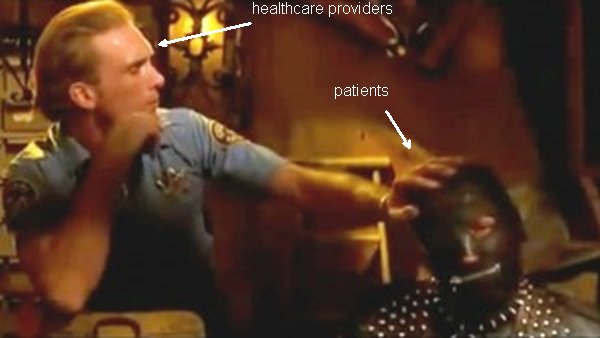G
Guest
First off, i want to thank all the posters here on this forum. There's tons of very helpful information.
I apologize for the long( and possibly rambling) post.
I'm in kind of an interesting dilemma regarding when should I have my surgery.
A little background: I'm a 55 yr old male and have had a heart murmur from birth. I wasn't diagnosed as a BAV until my late 30's. I also found out I have a prolapsed mitral valve as a bonus. AV Stenosis has been mild/moderate and I haven't had to change my lifestyle. I run, bike, surf, etc. with no apparent symptoms/issues (other than I'm slower than i'd like to be...).
Well, my echo this year has shown my AV Stenosis as severe along with regurgitation. The echo indicated moderate regurgitation on the mitral valve as well (results said suspected moderate to severe). I was referred for an angiogram by my cardiologist. The angiogram confirmed the AV issues and everything else checked out good (atrium & ventrical are good nor any other issues identified). I talked to the doctor that did the angiogram. He agreed, I should get the valve replaced. I also asked him about the mitral valve. He thought it would not be able to be repaired, as one leaflet is very large and the other is small. I was referred to a surgeon for AVR and MV repair/replacement thinking I'm most likely getting a DVR.
Met the surgeon. I asked him about the MV and he said he would not know if he could repair it until he saw it. Since I have no symptoms, he suggested I wait 6 months and get another echo and monitor the progress going forward. He said once I start seeing symptoms, I should give him a call and we'd do the surgery. Until then, he didn't think the surgery was going to make me any better than I am now. He did say if I want to just go ahead and replace them (with mechanicals I'm thinking), he'd go ahead and do it.
So, did you folks have symptoms prior to AVR? What should I be looking for?
Should I just go headband replace the valves? Impacts are I see are surgery risks, recovery, Coumadin (DVR is has a higher INR I understand) and every doctor I've talked to said I have to give up surfing (believe me, I asked all of them).
Thanks for reading this if you read all the way down here.
I apologize for the long( and possibly rambling) post.
I'm in kind of an interesting dilemma regarding when should I have my surgery.
A little background: I'm a 55 yr old male and have had a heart murmur from birth. I wasn't diagnosed as a BAV until my late 30's. I also found out I have a prolapsed mitral valve as a bonus. AV Stenosis has been mild/moderate and I haven't had to change my lifestyle. I run, bike, surf, etc. with no apparent symptoms/issues (other than I'm slower than i'd like to be...).
Well, my echo this year has shown my AV Stenosis as severe along with regurgitation. The echo indicated moderate regurgitation on the mitral valve as well (results said suspected moderate to severe). I was referred for an angiogram by my cardiologist. The angiogram confirmed the AV issues and everything else checked out good (atrium & ventrical are good nor any other issues identified). I talked to the doctor that did the angiogram. He agreed, I should get the valve replaced. I also asked him about the mitral valve. He thought it would not be able to be repaired, as one leaflet is very large and the other is small. I was referred to a surgeon for AVR and MV repair/replacement thinking I'm most likely getting a DVR.
Met the surgeon. I asked him about the MV and he said he would not know if he could repair it until he saw it. Since I have no symptoms, he suggested I wait 6 months and get another echo and monitor the progress going forward. He said once I start seeing symptoms, I should give him a call and we'd do the surgery. Until then, he didn't think the surgery was going to make me any better than I am now. He did say if I want to just go ahead and replace them (with mechanicals I'm thinking), he'd go ahead and do it.
So, did you folks have symptoms prior to AVR? What should I be looking for?
Should I just go headband replace the valves? Impacts are I see are surgery risks, recovery, Coumadin (DVR is has a higher INR I understand) and every doctor I've talked to said I have to give up surfing (believe me, I asked all of them).
Thanks for reading this if you read all the way down here.




